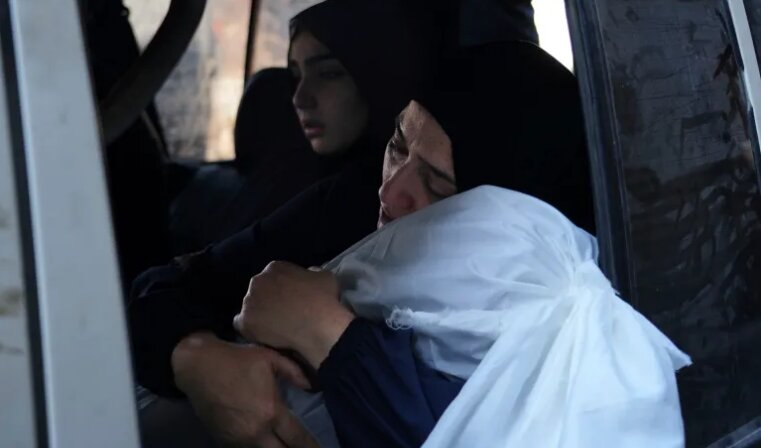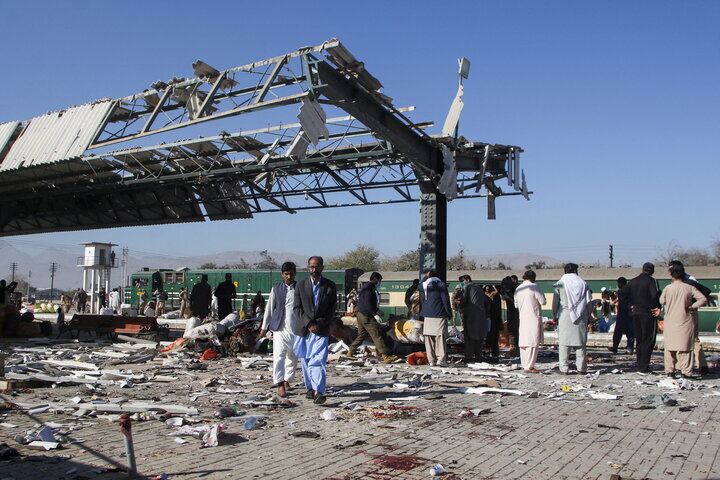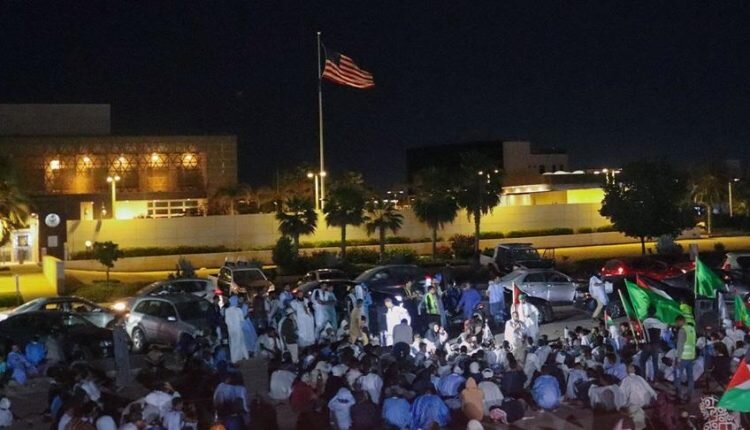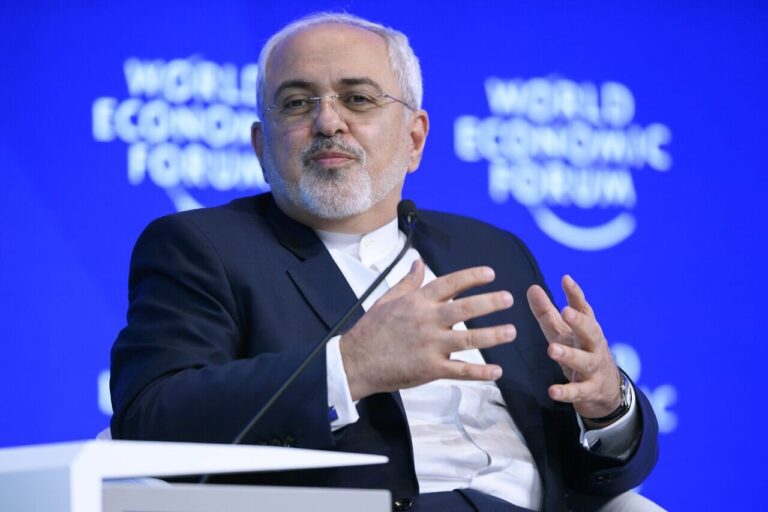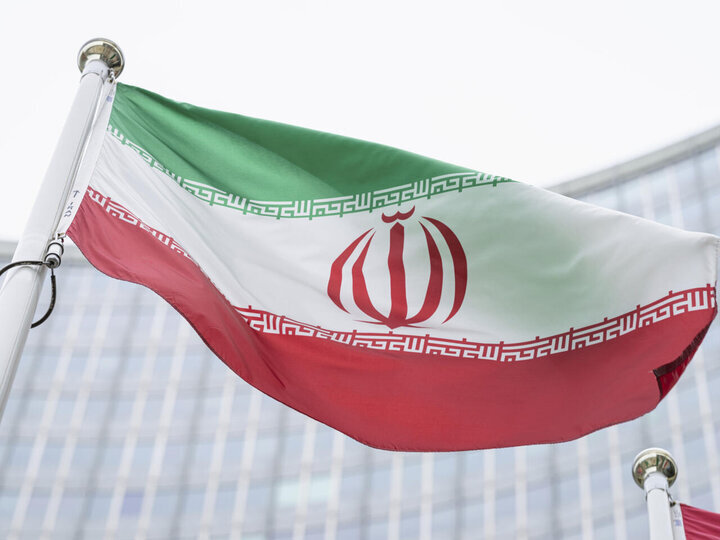Escalating Israeli Attacks Claim 60+ Lives Amid Intensifying Gaza Blockade and Starvation Crisis
In recent developments, Israel’s ongoing attacks on Gaza have tragically resulted in the deaths of at least 61 individuals since dawn. These strikes have primarily targeted civilians in densely populated areas, exacerbating the humanitarian crisis in the region. The prolonged blockade, which has lasted over two months, has contributed to severe food shortages, pushing the Palestinian population closer to starvation, as reported by Al Jazeera.
One of the most devastating incidents occurred when a reconnaissance drone strike hit a location near the Thai and Palmyra restaurants on al-Wehda Street in Gaza City. This airstrike involved the simultaneous firing of two missiles at closely situated targets, with one striking inside a restaurant and the other impacting an intersection merely 100 meters away. This brutal attack claimed the lives of at least 17 people.
According to Al Jazeera’s Hani Mahmoud, the Israeli airstrike focused on one of the scant locations available for Palestinians to obtain a meal, highlighting the dire circumstances faced by residents in Gaza.
The Humanitarian Crisis in Gaza
The situation in Gaza is dire, with the ongoing conflict significantly impacting the lives of its residents. Here are some key points regarding the humanitarian crisis:
- Severe Food Shortages: The blockade has led to critical food shortages, putting thousands of lives at risk.
- Civilian Casualties: Recent airstrikes have indiscriminately targeted civilian areas, resulting in numerous fatalities.
- Destruction of Infrastructure: Essential services and infrastructure have been heavily damaged, complicating relief efforts.
- Impact on Health: The lack of access to food and medical supplies has led to deteriorating health conditions among the population.
The international community has expressed growing concern over the situation, urging for an immediate cessation of hostilities and a focus on humanitarian aid. Various organizations are working tirelessly to provide assistance, but the blockade has severely hampered these efforts.
International Response and Aid Efforts
Numerous countries and humanitarian organizations have condemned the violence and called for peace. Here’s a brief overview of the international response:
- Condemnation of Violence: Global leaders and organizations have condemned the attacks, emphasizing the need for dialogue and peace.
- Humanitarian Aid Initiatives: Various NGOs are mobilizing resources to provide food, medical supplies, and shelter to those affected.
- Calls for Ceasefire: There are increasing calls from the international community for a ceasefire to allow for humanitarian access.
The ongoing violence has prompted widespread protests and advocacy for the Palestinian cause around the world, drawing attention to the plight of those affected by the conflict.
The Impact on Daily Life in Gaza
The continuous bombardment has drastically altered the daily lives of Gazans. Residents face numerous challenges in their day-to-day existence, including:
- Restricted Movement: The blockade has limited the movement of people and goods, making it difficult for residents to access basic necessities.
- Fear and Trauma: The constant threat of airstrikes has created a pervasive sense of fear and trauma among the population, particularly among children.
- Economic Hardship: Many families have lost their livelihoods due to the destruction of businesses and infrastructure.
- Educational Disruption: Schools have been closed or damaged, interrupting the education of countless children.
The psychological toll of the conflict cannot be overstated. Many residents struggle with anxiety and post-traumatic stress disorder (PTSD) as a result of their experiences during the attacks.
Conclusion
The situation in Gaza remains critical as Israel’s airstrikes continue to claim lives and exacerbate the humanitarian crisis. With food shortages, civilian casualties, and damaged infrastructure, the need for urgent international action is more pressing than ever. As the world watches, it is imperative that efforts are made to alleviate the suffering of the Palestinian people and to pave the way for a lasting peace in the region.
